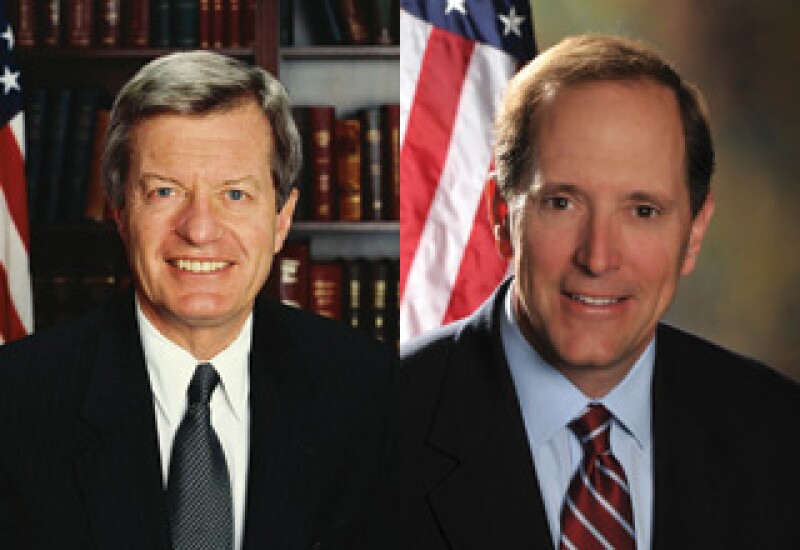
The heads of the two tax-writing committees of Congress have this year continued their commitment to advancing the US tax reform debate with the same zeal and fervour that we have come to expect from such figures, Baucus having held his committee chairmanships for more than eight years, cumulatively over the course of the 107th, 110th, 111th, 112th and 113th Congresses (with Senator Chuck Grassley having a term in between).
Baucus released a tax reform discussion draft in November outlining specific actions such as a change in the way income earned by foreign subsidiaries of US companies is treated for tax purposes, and while the Montana Democrat has conceded that getting the US corporate tax rate down to 25% (in line with the OECD average and the rate favoured by businesses and the Obama Administration) will be “a bit of a stretch” he continues to press for a solution.
Camp is a staunch advocate of moving the US away from its current worldwide system of taxation, which he says makes America less competitive in the global marketplace, and transitioning to a territorial system. He has described this as a critical component of comprehensive tax reform.
Individually their efforts have been huge - as has been recognised by their appearances in this list in previous years (Baucus in 2010 and 2012; Camp in 2012) - but 2013 saw the men diversify their approach to reaching bipartisan agreement on the fundamental aspects of tax reform. This diversified approach brought them closer together, as they launched joint initiatives including a nationwide tax reform road-show (The Simpler Taxes for America Tour) which saw them canvass public opinion on a united and bipartisan front, and a new website (www.TaxReform.gov) and Twitter handle (@simplertaxes) dedicated to tax reform, again inviting business and the general public to engage in the consultation process.
This last measure was inspired by the Write Rosty campaign of three decades ago, when Dan Rostenkowski, chairman of the House Ways & Means Committee in 1986 (the last time comprehensive reform of the tax code was achieved) invited the public to write to him if they supported his efforts to reform the tax code in conjunction with President Ronald Reagan.
The recognition from Baucus and Camp of the need for public involvement, support and approval goes beyond politicking and it is hard not to get the impression that the two outgoing chairmen - Baucus is retiring from the Senate in 2015, while Camp’s term ends a year earlier - are striving hard to leave a legacy that includes bucking the trend of political stagnation that epitomises Capitol Hill right now by achieving consensus on, and then implementing, a tax code redesign for the modern world.
Further reading |
US tax reform: The long and winding road No US tax reform before 2014 says business - despite Dave Camp’s best efforts |
The Global Tax 50 2013 |
||
|---|---|---|
Piet Battiau |
Monica Bhatia |
|









